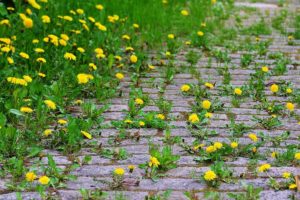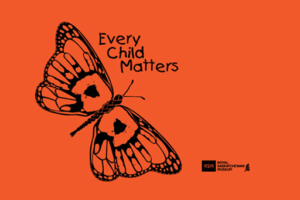
We are no longer gardeners. The last few years of teaching and my most recent studies in the Bachelors of Education have exposed me to several teaching metaphors. “Teachers nurture, like gardeners… Teachers are more like tour guides through the jungles of life… Teachers are sculptors, helping chip through their learners’ layers to get to true learning” (this particular one I find troublesome at best, but we move on). With these ideas in mind, I have been asked to come up with my own teaching metaphor. There is a small issue, though. I struggle when visualizing teachers in metaphorical situations. When I (and many others) think of teaching, I imagine one person impressing scads of information onto a room full of children in hopes that a small iota leaks through into their permanent memories. If I pull back in my metaphor, however, I wonder how most people imagine the classroom itself. The books, the desks, some posters, maybe corkboards, doors, lamps, sharpeners drilled into walls, old projects, projectors, screens, chalk, bleak, bleak, bleak fluorescent lighting. Not every classroom looks like this, and yet it is the foremost image in my mind; a room full of “let’s imagine together!” in a space that is concrete, quiet, and inquire-from-your-seat at its core. The more I thought about my metaphorical classroom, the more I imagined what would happen if those concrete and cardboard walls disappeared.
At first, I saw the walls crumble and fissures of light creep into the classroom, soon to be followed by tendrils of plants as they pushed through into our small little world. Wait, scratch that, not just plants. I saw weeds. What would we do, as teachers, if we saw weeds creep into our classrooms? I can imagine, perhaps, a dissatisfied phone call with an administrator: “Why are our walls cracking? What’s going on with the weeds? Can someone come to fix this?” As gardeners of our students’ learning, aren’t we meant to cut out all the weeds? Figurative or not?
I don’t think we are. I think that the implication of gardening infers that teachers, rather, educators, should be curating the knowledge we give our learners. I disagree with this idea completely. I believe that all knowledge should be accessible to those we teach. I think that the only curation involved should be in the way we present this knowledge to learners. As weeds creep through concrete walls, what are the first things we want our learners to know? Is it that the weeds are invading our space? Should we trust the weeds? I know that these thoughts would probably be my first. I think that part of my personal education will be learning how to assess what will be most important to learn about the weeds.
Our first thoughts should not be whether the weeds belong there or not. Our first thoughts should be to ask all the questions we hope our learners would ask if confronted with new ideas that do not make sense to them. I hope that I might look at the weeds and ask, “Are any of us in danger?” Probably not, unless the walls are quite literally about to fall down around us. Next, I might ponder, “Do I recognize these weeds? Where do they normally grow? What do I already know about them?” Upon closer inspection, you might start asking questions of the learners themselves. “Should we be scared of the weeds? Are they really invading, or have we hidden them away in some forgotten patch of grass long enough for them to come back and reclaim what used to be theirs?”
As educators, we are no longer gardeners. Our jobs are not to hide away the weeds that creep into our gardens and across our lawns so that our learners might never see them. Our jobs are to let the learners see all the imperfections that the world might have to offer, but only once they know how to ask the important questions. Is everyone safe? What do we know about this? How can we learn more? Rather than garden, we must equip all learners with the tools they might need to investigate the weeds. Some learners will need different tools, but we all need something to help us understand the world around us. Perhaps, if we learn enough about what we see, we will no longer feel the need to learn only in concrete classrooms. Maybe one day we can be equipped enough to teach and learn in spaces where all manner of flora and fauna can grow.
Read more "Concrete Classrooms"